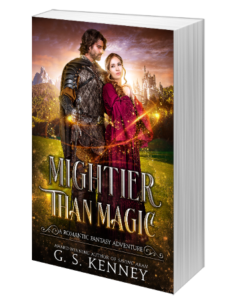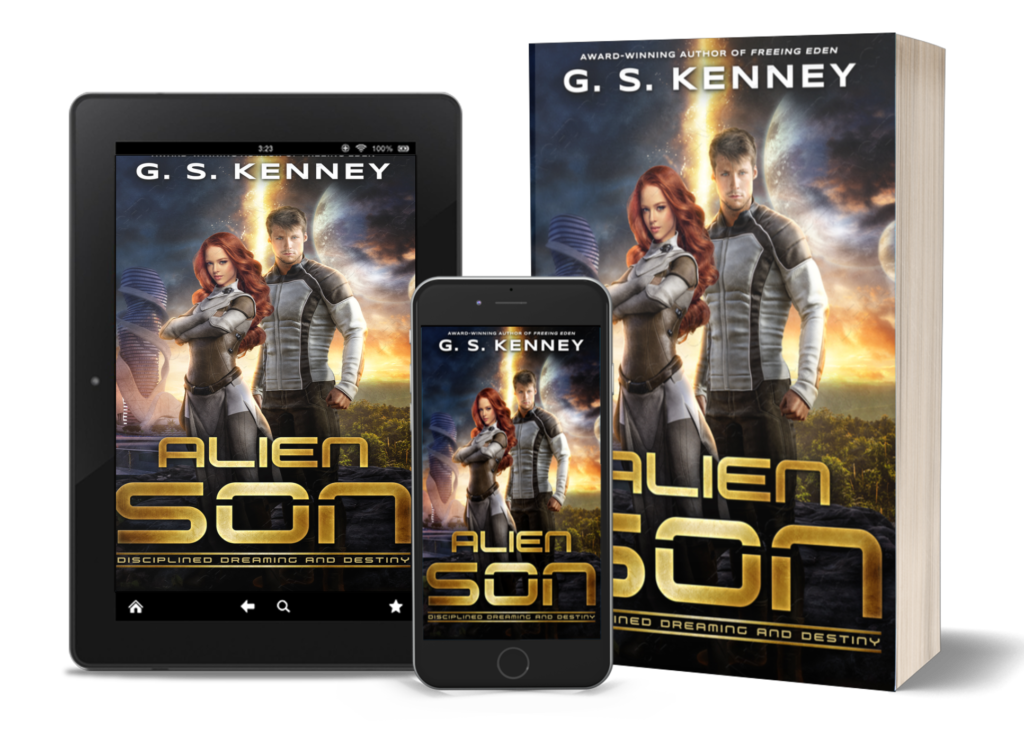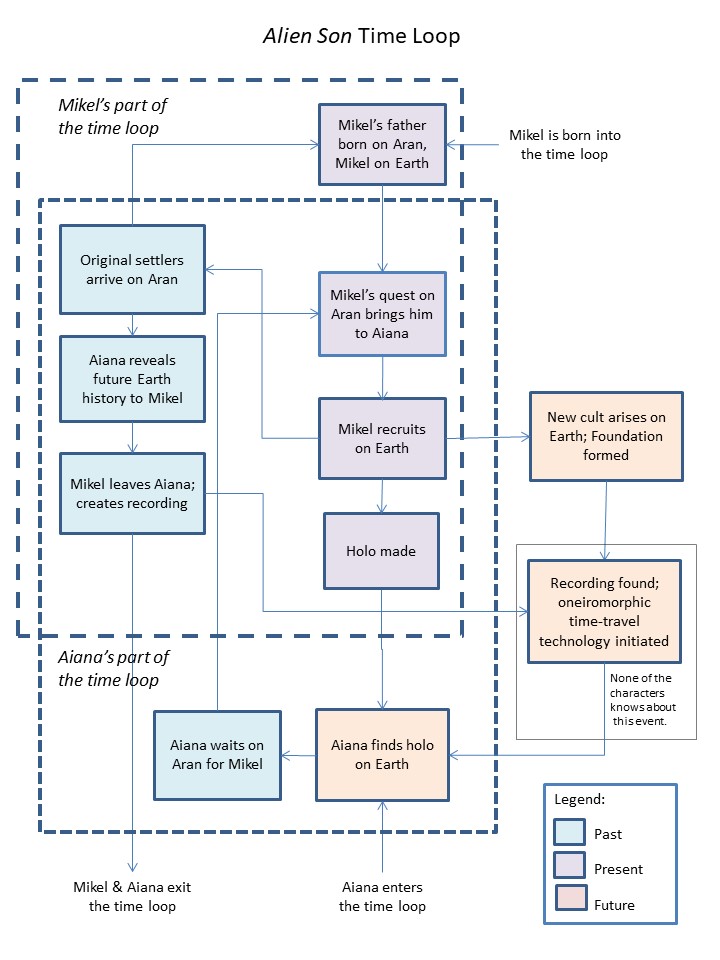Here’s a small excerpt from my latest book Mightier Than Magic. I hope you enjoy it.
The door opened tentatively, and only wide enough for a wisp of a girl to peer in from the threshold. She gripped the edge of the door so tightly that her knuckles were white. She’d probably bolt if he frowned at her. Hadn’t he seen her before? He tried to make his expression pleasant.
“Leave the door open,” the guard warned.
“Yes, sergeant,” the girl said almost inaudibly. She nudged the door open a bit wider and took a small step. Now he recognized her—the girl from the banquet hall last night. She’d called the queen Mother, but she didn’t act like the other princesses. She wasn’t much to look at either, all shrunk into herself, maybe fifteen years old. The cut of her clothing suggested nobility, but the costly fabric was dyed an unassuming shade of dull brown, a color that nearly matched her long, straight hair.
Her eyes were pretty, though, somewhere between green and brown, with long, arched brows. Her generous mouth promised a hint of more boldness than all the rest of her put together. This was a surprise, and an enticing one. Alaric smiled.
The girl relaxed. Slightly.
“Your Majesty.” Her voice barely carried across the small room. “My mother the queen has asked me to visit you. To thank you. In person . . . for last night. And to . . . to see if you need . . . anything.”
“What, you?” He’d meant that it seemed strange to send a princess on such an errand, when a servant might do. But the instant the words escaped his mouth, he realized it was the wrong thing to say.
The girl’s cheeks flushed pink. She shrank against the door jamb and wrapped her chest in her arms. The protective gesture accentuated her womanly shape.
Alaric couldn’t help but notice, and his own face flushed with embarrassment. He raised his estimate of her age. She must be seventeen or eighteen, almost as old as he was, and he’d implied . . . “I’m sorry.” He couldn’t remember the last time he’d apologized to anyone. “I didn’t mean that the way it must have sounded. I only meant that if the queen is your mother, you would be an unlikely serving maid.”
He offered his best smile, well aware that sometimes people trembled when he smiled. And with reason. He hoped that now he would appear welcoming rather than frightening. “Please,” he said, rising and motioning to the chair, which he held for her as if she were a lady being seated for dinner.
“No, thank you,” she said. “There’s only the one chair, and I wouldn’t . . . I couldn’t make you stand while I . . .”
The room he’d been given was clean enough, and light streamed through its narrow window. But it was tiny and pressed in too closely. There was only the one chair, a narrow bed pushed against the wall, and a small table barely wide enough to hold two books side by side. “I can sit on the bed,” he said, then felt his face grow hot. The bed. Not a piece of furniture that should have been on display to this visitor, and he was sorry to have mentioned it. He cursed the room for its meagerness and himself for a fool.
But his guest appeared not to notice the implications. “Oh. Yes, of course.”
He held the chair as she sat, and then settled his tall frame onto the low bed. He avoided watching her too directly—her worried face, her hunched figure—as she fidgeted with her hands.
He waited.
“That was very kind, Your Majesty, what you did last night,” she said at last. She nibbled at a thumbnail, watching him from the corner of her eyes.
She was not as plain as she’d first appeared. Her skin was porcelain and clear, her face heart-shaped and perfectly proportioned. Though her nails were bitten to the quick, she had long, delicate fingers. But why so timid? And why had she not been invited to the dinner?
“Please, call me Alaric.” He spoke as gently as he could. “What’s your name?”
She hunched inward a little more and again wrapped her arms around herself. “Mouse.” Her voice was only a hair’s breadth above a whisper.
“Mouse? It’s . . . an unusual name.”
“That’s just what people call me.”
He could understand why. But he said, “Is that what you want me to call you?”
She didn’t answer.
“What’s your real name?” He attempted the friendliest expression he could muster. He was afraid this timid young woman might bolt like a deer scenting a wolf. He didn’t want her to bolt. He could use an ally, even one as unlikely as her, in Queen Claudia’s hostile court.
“Alicia Aurelia Katrina Emilia.” She raised her chin and straightened a little.
This time his smile was genuine—amusement at the string of names that stretched longer than his room was wide. “And how would you like me to call you, Alicia Aurelia Katrina Emilia? If I needed a glass of water and I had to ask you for it, I might die of thirst before I’d quite gotten all that out.”
She smiled shyly back at him. Fear still hovered around her eyes, but her face lit up. “Katie,” she said. “Call me Katie.”
Alaric’s heart catapulted. In the instant of her smile, she was radiant. She’d been wearing an expression of fear and worry so deep-seated that it masked her beauty. “And remember, you may call me Alaric. Please.”
Here was a person who was extremely competent at projecting her insignificance. He wondered if magic was involved.



